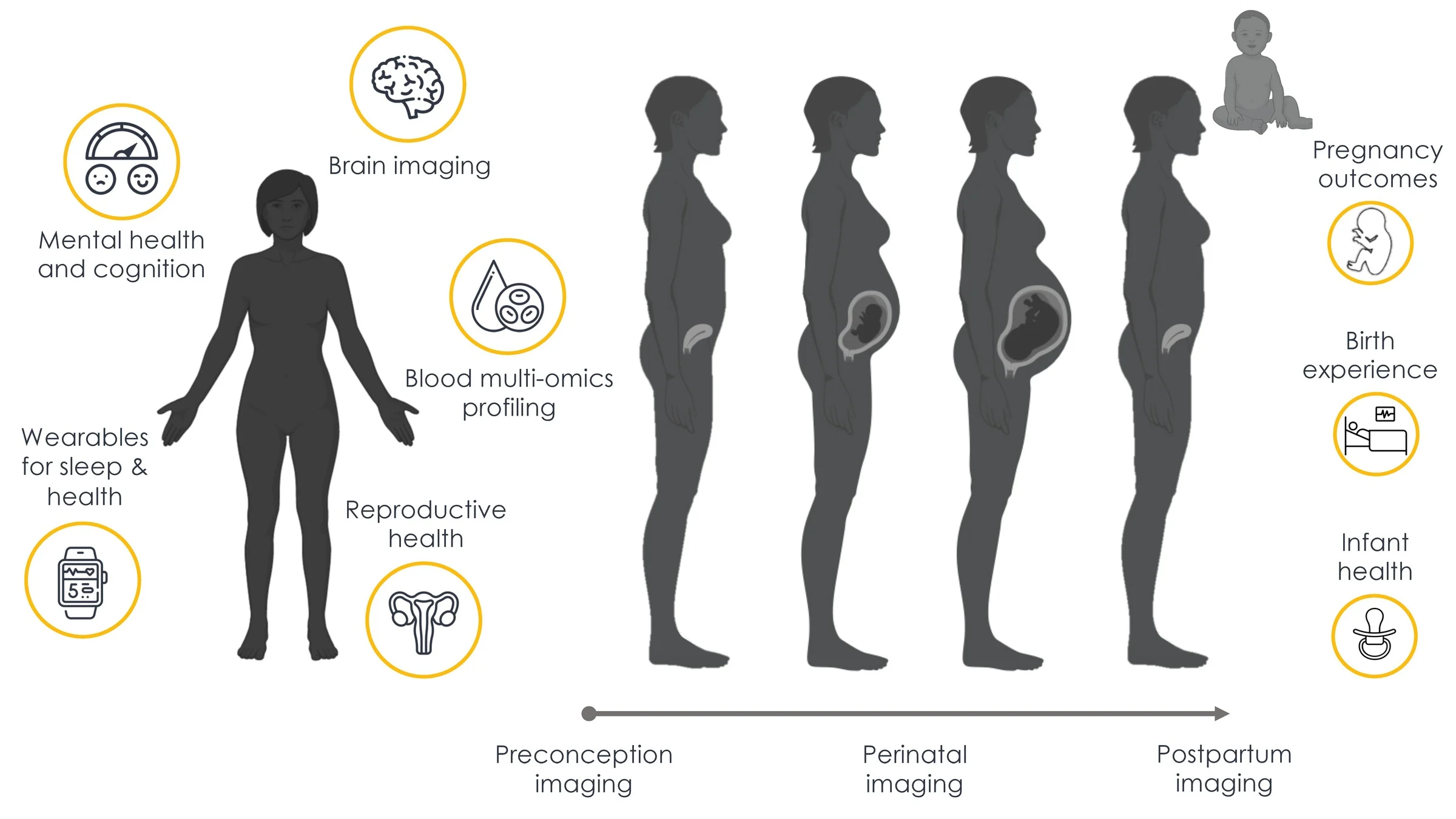
RNNs are trained for single-agent path integration, taking movement speed and direction as input to estimate position and reproduce ground truth place cell activations.
Micro-scale: A Digital Twin of Foundational Brain Circuits
Understanding how brains represent multiple interacting agents helps uncover the neural computations supporting navigation and social behavior. Our work builds on the foundation of spatial circuits, and:
-
models self and other trajectories using recurrent neural networks, capturing how neural populations encode spatial and abstract maps,
-
examines multi-agent dynamics to reveal how grid, place, and border cell activity patterns adapt during social interactions,
-
incorporates short-term memory mechanisms to store and manipulate information,
-
generate testable predictions linking distributed population dynamics to coherent representations of physical, conceptual, and social environments.
Collaboration with REAL AI at UC Santa Barbara enables the creation of digital twins of complex systems, leveraging AI to conduct experiments, tests hypotheses, and accelerate discovery.
Paper Spotlight:
Redman, W., Acosta, F., Acosta-Mendoza, S., Miolane, N. "Not so griddy: Internal representations of RNNs path integrating more than one agent." Advances in Neural Information Processing Systems 37 (2024): 22657-22689.

Integrating imaging, healthy, and biology across the maternal journey
Macro-scale: A Digital Twin of the Maternal Brain
Pregnancy profoundly transforms the brain, yet its neural dynamics remain largely unexplored. This project aims to provide a personalized, data-driven understanding of maternal brain changes, with the overall goal of enabling predictive insights, educational guidance, and better support for maternal health. This is done by:
-
developing machine learning models trained on brain imaging data from pregnant and postpartum individuals to capture structural changes over time,
-
creating tools to help expectant mothers anticipate and understand their brain’s evolution throughout pregnancy.
The Geometric Intelligence Lab collaborates with the Ann S. Bowers Women's Brain Health Initiative to take on our goals of generating brain, bio-fluid, cognitive, and health data from 1,000+ mothers to establish the most comprehensive maternal neuroimaging database in history.
Project Spotlight: HerBrain
HerBrain is the first digital twin of the maternal brain. Built using machine learning and trained on imaging data from pregnant individuals, the prototype illustrates how brain structures change across pregnancy and the postpartum period. The HerBrain app is set to launch by 2027, with the goal of integrating into mainstream pregnancy apps. Recently named one of TIME’s Best Inventions of 2025. Read more here